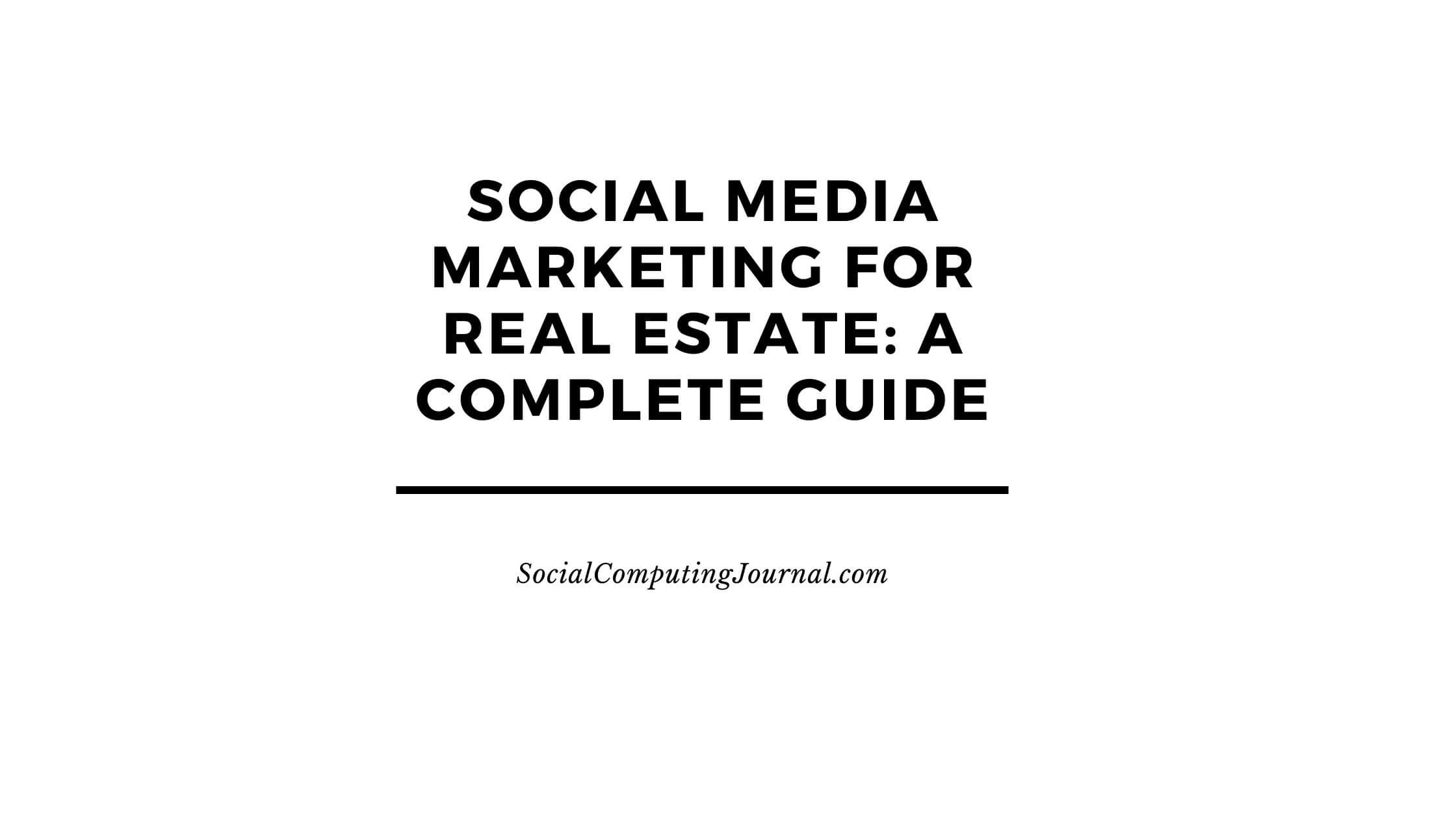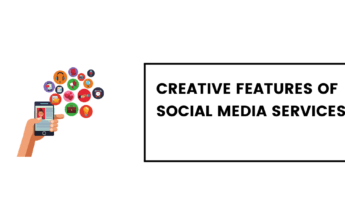Like many other industries, social media has become an essential tool for real estate professionals. They use it to market properties, build their brand, and connect with potential clients. With millions of people using platforms like Facebook, Instagram, and LinkedIn daily, social media provides access to a large audience where they can generate leads. Why real estate agents should be behind? For real estate agents, developers, and investors, understanding how to leverage social media effectively is crucial for success. Whether marketing a luxury condo development like 101 Spadina or promoting a single-family home, a well-crafted social media strategy can make all the difference. Let’s explore this topic in detail.
Contents
Why Social Media Matters in Real Estate
Gone are the days when social media was just a tool for staying in touch with friends or family. Now it has become a powerful marketing platform. It allows you to reach thousands of potential buyers and investors. And it is cheaper than traditional advertising methods. Using advanced targeting tools, you can reach specific demographics such as first-time buyers, luxury home seekers, or real estate investors. You can also use social media for direct communication with your audience, and build trust and credibility through engagement and interaction. Moreover, it provides an avenue for showcasing your expertise and establishing authority in your market niche.
Choosing the Right Social Media Platforms
In the world of social media marketing, all the platforms are not equal. You need to select the right social media platform. It’s important to consider which ones align with your goals and target audience. Facebook is ideal for creating business pages and sharing property listings, while Instagram works well for showcasing high-quality images and videos of properties. LinkedIn is the perfect space for networking with other professionals and sharing market insights, while YouTube can be used for virtual tours and neighborhood guides. Emerging platforms like TikTok are becoming increasingly popular for creative, short-form video content that targets younger audiences.
| Platform | Best Use Case |
|---|---|
| Creating business pages and sharing property listings. | |
| Showcasing high-quality images and videos of properties. | |
| Networking with professionals and sharing market insights. | |
| YouTube | Virtual tours and neighborhood guides. |
| TikTok | Creative, short-form video content targeting younger audiences. |
Creating Engaging Content for Real Estate
Creating engaging content is the key to a successful social media strategy. For example, property tours, client testimonials, market updates, and educational posts about home buying or investing are some ideas that can resonate with your audience. Use behind-the-scenes glimpses to humanize your brand. Consistency is crucial—posting regularly and maintaining a cohesive brand voice and visual style across all platforms will help establish your online presence.
Emphasize visual content. It is particularly effective in real estate marketing. High-quality images and videos can capture the attention of potential buyers and convey the unique features of a property. Live video tours are another powerful tool for showcasing properties in real time and answering questions from interested buyers on the spot. Combining visual content with informative captions can boost engagement and help build a loyal following.
Pro Tip: You can take inspiration from your competitors. For example, tools like InsAnony, Picuki, Pixwox, Instanavigation and others can enable you to view other users stories anonymously. You can view what they are doing for their social media efforts and implement for yourself as well.
The Role of Paid Advertising in Social Media Marketing
You should be ready to spend some money if you want to get more of your social media efforts. While organic reach on social media is valuable, paid advertising can amplify your efforts and help you reach a larger audience. Defining your goals is the first step. If you want to generate leads, promote a specific property, or build brand awareness, your ad strategy should align with these objectives. High-quality visuals are essential for grabbing attention and driving engagement. Monitoring the performance of your ads and adjusting your strategy based on the results will help you achieve better outcomes over time.
Paid advertising comes with many advantages. One of them is targeting options. Targeting options for paid ads allow you to focus on specific demographics, locations, and user behaviors. This precision targeting ensures that your ads are seen by people who are most likely to be interested in your listings. Retargeting campaigns can also be highly effective, reaching users who have previously engaged with your content or visited your website.
Building Your Brand Through Social Media
Don’t forget to build your brand on social media as a real estate agent. Social media is not just about promoting properties—it’s also about building your brand. You can establish yourself as a trusted authority in the real estate industry as it can help you attract more clients and stand out from the competition. Sharing valuable content, engaging with your audience, and being authentic are all key aspects of building a strong personal brand. By responding to comments and messages promptly, you can create meaningful relationships and foster trust with potential clients. Read more about importance of creative writing for your real estate website.
Your brand should reflect your values, expertise, and unique approach to real estate. Share your journey, celebrate milestones, and offer insights that demonstrate your knowledge. Over time, a strong personal brand will position you as a go-to expert in your field, helping you build long-lasting client relationships.
Measuring the Success of Your Social Media Efforts
When it comes to growth on social media, it’s essential to track key performance metrics. Look for key indicators such as engagement rate, reach, and impressions as these show how your content resonates with your audience. Website traffic generated from social media is another critical metric to monitor, as it reflects how effectively your posts are driving potential clients to your website. Finally, tracking lead generation and conversions will give you a clear picture of your social media return on investment.
Social media analytics tools available on many social media platforms provide detailed insights into audience behavior and content performance. For example, Facebook presents detailed insights for advertisers. Use these insights to refine your strategy, focusing on the content that delivers the best results. Regularly reviewing your analytics will help you stay adaptable and responsive to changes in audience preferences and platform algorithms.
Final Thoughts
Social media marketing is a game-changer for real estate professionals. By creating a focused strategy producing engaging content, and leveraging the right platforms, you can expand your reach, generate more leads, and build a strong personal brand. Whether you’re promoting a new development or growing your real estate business, using social as a part of your marketing strategy will help you stay ahead in this competitive industry. Always track key performance indicators for improvement.







